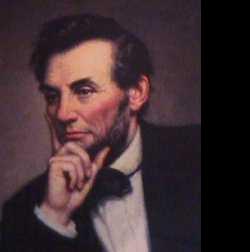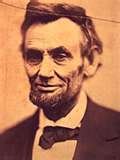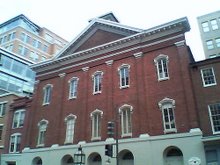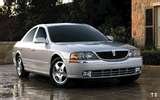

On this weekend celebrating Martin Luther King, Jr’s birthday, one wonders what things would have been like if King and Frederick Douglass had traded places. What if King had lived during the Civil War and been the one to advise Lincoln on matters of equal rights and emancipation? Would his thinking have been any different from Douglass’s?
Both men were African Americans in tune with their times and impatient for social change. Both were strong orators. Both had the ear of politically powerful people and became powerful in their own right. Both were anxious to have racial justice backed by law. There’s no question that Martin Luther King, Jr. would have been the Frederick Douglass of the 1860's.
But what about Douglass? Suppose he had been thrown into the politics of the Sixties? Would he have been the Martin Luther King, Jr. of that day? Even in his time, Douglass was concerned not just with racial equality, but with the emancipation of women – another radical idea. The Sixties would have suited him well with its air of new freedoms and he would have been right in step with the issues.
Which brings up the next thought. While Douglass escaped assassination in his day, would he have done so in the Sixties, or shared the same fate as the man who so resembled him? Hmm. There’s a choose-your-own-ending adventure here.
Interesting that these two powerful men rose up at crucial times when their talents and strengths were most needed to push forward racial justice causes. No one has quite illustrated the similarities between them the way they have with Kennedy and Lincoln, yet Douglass and King bear curious resemblances that tie in with the whole 100-year picture of repeated history.









No comments:
Post a Comment